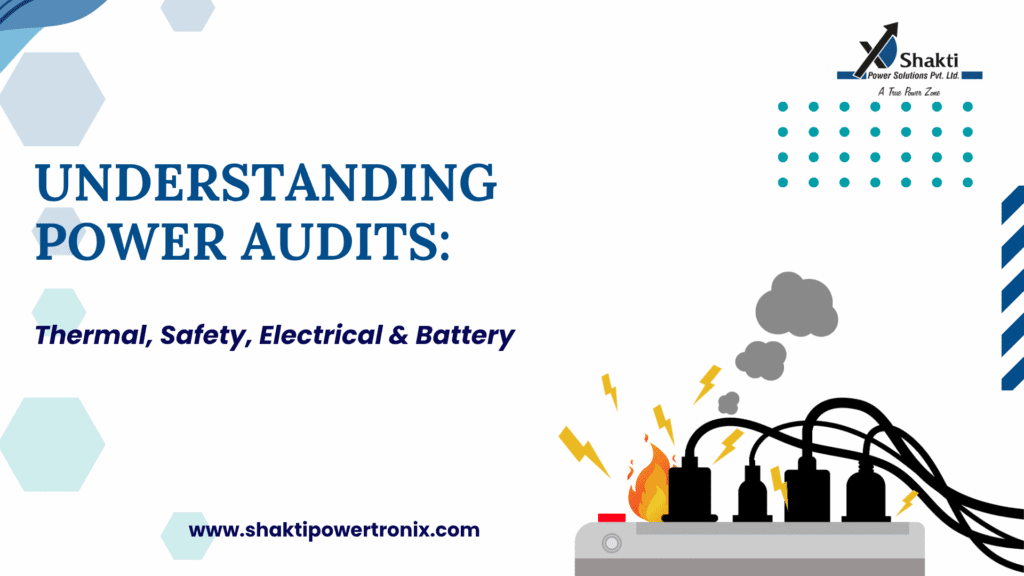Exide Batteries Explained: Categories & Benefits for Businesses
In today’s business environment, power reliability is not just a convenience – it is a necessity. Productivity, safety, and success are all influenced by steady energy flow, whether a hospital relies on continuous electricity for life-saving equipment or a manufacturing facility powers massive machinery. In this case, Exide batteries for companies are crucial. Exide has established a strong reputation as one of India’s most respected brands in energy storage thanks to strong, durable, and efficient battery systems that ensure continuous operations across industries. Exide batteries are the cornerstone of business continuity, supporting renewable energy sources and handling unplanned outages to maintain data security, system stability, and smooth operation. Why Businesses Need Reliable Battery Systems ? Even a few minutes of downtime can cost modern businesses a lot of money, not to mention lost productivity and customer trust. Data centers, hospital equipment, production cycles, and general workflow are all impacted by power outages. As a result, dependable backup energy systems are now essential. During a power outage, batteries serve as the first line of defense, supplying power until a generator is started or the grid is restored. Reliable batteries are crucial for equipment protection and operational continuity in sectors like telecom, healthcare, IT, and logistics where uptime equates to profit. Given the increasing focus on sustainability, batteries are crucial for accomplishing both financial and environmental goals because they allow for the integration of renewable energy sources like solar systems, which also improve energy efficiency. Exide Battery Categories Explained: Exide offers a wide range of batteries, each designed to cater to specific industrial and commercial requirements. Let’s understand the key categories and where they fit best: Built for heavy-duty applications, Exide industrial batteries power large-scale machinery, telecom towers, power plants, and data centers. They offer high capacity, long service life, and low maintenance, making them ideal for energy-intensive operations. These batteries are intended for use in industrial vehicles, electric pallet trucks, forklifts, and other mobility and material handling devices. They guarantee effective, continuous movement within factories and warehouses and are renowned for their deep discharge cycles and high durability. Perfect for offices, small businesses, and retail spaces, inverter batteries deliver quick power backup during short-term outages. They ensure smooth functioning of lights, computers, and essential systems with consistent voltage and dependable backup capacity. 4. Solar Batteries: Exide solar batteries offer clean energy storage for off-grid and hybrid systems in line with the trend toward renewable energy. These batteries are perfect for companies implementing sustainable power models because of their deep cycling, energy retention, and extended lifespan. 5. UPS batteries: Exide UPS batteries are essential for communication systems, medical facilities, and IT setups because they provide immediate backup in the event of a power outage, avoiding equipment damage or data corruption. They guarantee sensitive operations run smoothly and continuously. Key Benefits of Using Exide Batteries for Businesses Businesses that use Exide industrial batteries are investing in trust, efficacy, and dependability in addition to power. Businesses favor Exide for the reasons listed below: Every feature results in quantifiable business benefits, such as improved productivity, decreased downtime, and a higher return on investment. Choosing the Right Exide Battery for Your Business Every business has unique power requirements. Selecting the right Exide battery depends on factors like load capacity, power duration, equipment sensitivity, and environmental conditions. Here’s a quick guide to help: Consulting an expert partner like Shakti Power Solutions ensures that your business gets a perfectly matched energy system — optimized for performance, longevity, and efficiency. Conclusion: In a world driven by productivity and uptime, the right battery system is not an option — it’s a foundation for success. Exide industrial batteries for businesses empower organizations to stay resilient, efficient, and future-ready. And with Shakti Power Solutions as your partner, you’re not just securing reliable energy – you’re investing in long-term stability and operational excellence.










